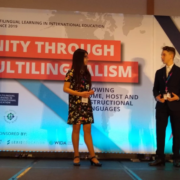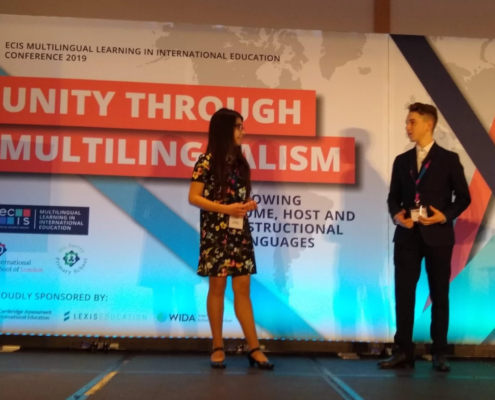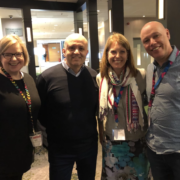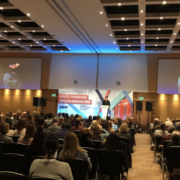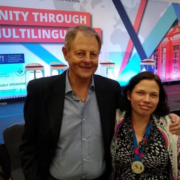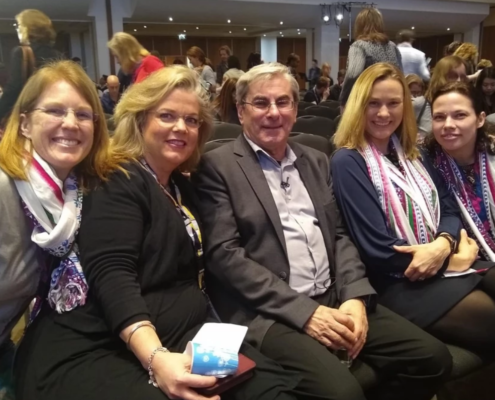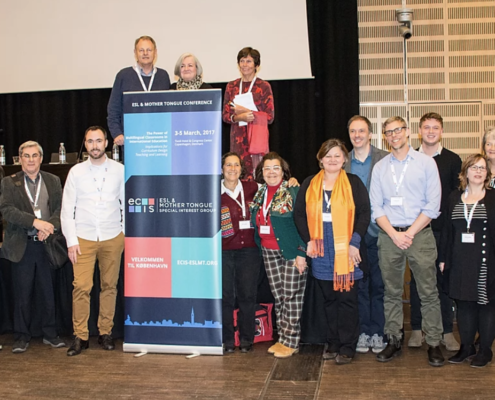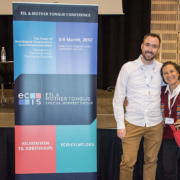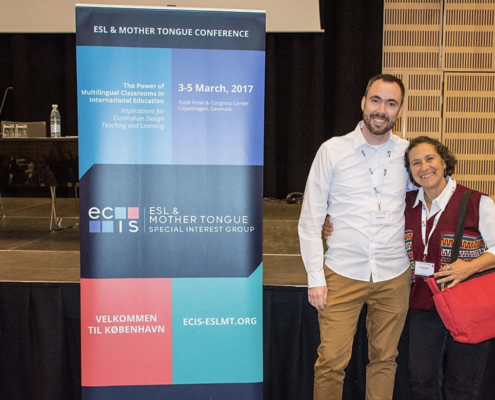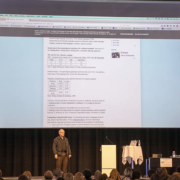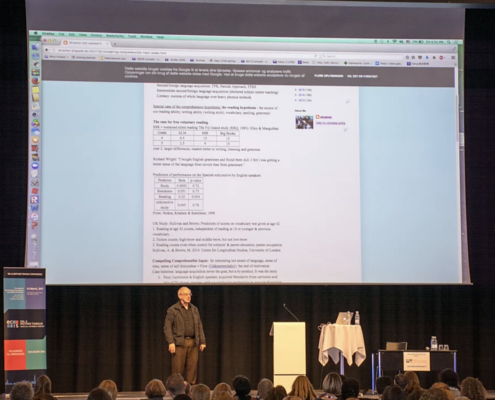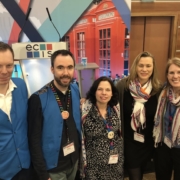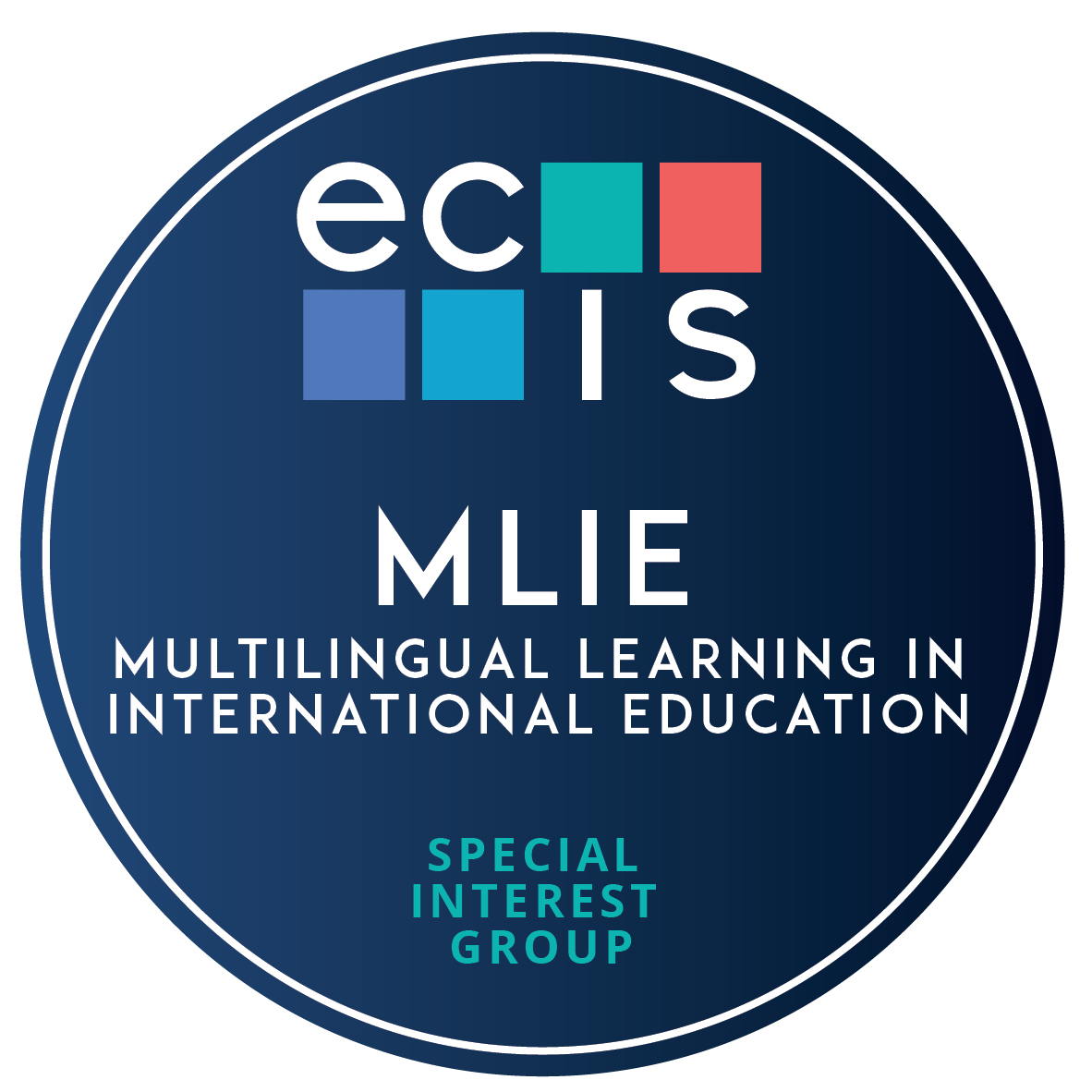[av_breadcrumbs]
MULTILINGUAL LEARNING IN INTERNATIONAL EDUCATION SPECIAL INTEREST GROUP
OUR MISSION
The ECIS MLIE committee’s role is to provide a forum where educators can learn about, discuss and reflect on best practice in the field of second language acquisition and home language development.
Our intention is to inspire school communities to nurture the linguistic and cultural identities of their students in order to create successful multilingual, multi-literate global citizens.
Our conference takes place every two years. You can learn more below about our virtual conference for 2021. Here are some of our recent host cities:
- London, 2019
- Copenhagen, 2017
- Monza, 2015
- Amsterdam, 2014
Learn more about our history by clicking here.
EVENTS
MEET THE COMMITTEE
Susan Stewart
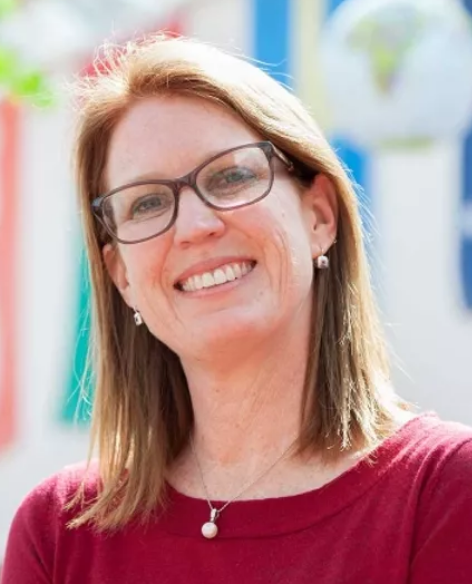
Susan Stewart
Committee Chair
“Ju fler språk du pratar, desto mer saker lär du dig. Och ju mer du lär dig, desto fler platser kommer du upptäcka.” Ursäkta till Dr. Seuss
“The more languages that you speak, the more things you will know. The more that you learn, the more places you’ll go.” (Apologies to Dr. Seuss!)
Susan has lived and worked in Thailand, the UAE, South Africa, Belgium, Oman, Sweden and the UK. She holds a degree in French & Linguistics from the University of South Africa, a PGCE from University of Sunderland and a Master’s in Applied Linguistics & Communication from Birkbeck College, University of London. As Head of Multilingualism at the International School of London, Susan worked alongside the Language & Literature, Language Acquisition and English Language Learning departments to ensure that students’ linguistic repertoires were developed within the school context as well as beyond.
Susan presents regular workshops on multilingualism to staff and parents, extending this to members of the local area and community language schools. Susan has an interest in language portraits, language policy, linguistic landscape (‘schoolscape’), and staffing structures which support cohesive curriculum development.
Contact Susan: mlie.ecis@gmail.com
Mindy McCracken
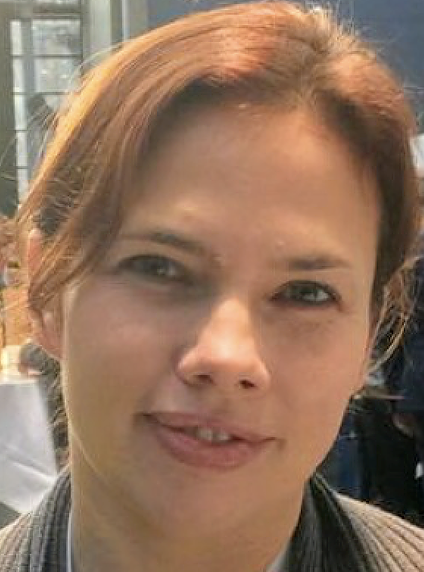
Mindy McCracken
Committee Member
Taal is onze verbinding met de wereld. Het is wat ons toelaat om relaties te vormen en te bouwen, onze gedachten uit te drukken en onze identiteit te dragen. Goede taalvaardigheden zijn belangrijk om ons potentieel te bereiken. In de talen die we van thuis uit meekrijgen voelen we ons het meeste thuis en het meeste op ons gemak. Door alle talen die de kinderen meebrengen in onze schoolinstellingen te waarderen en te gebruiken, geven wij onze studenten de kans om optimaal gebruik te maken van de kansen en mogelijkheden van het leven.
Language is our bridge into the world. It is what allows us to form and build relationships, express our thoughts, carry our identities and clarify our intentions. Through well-developed languages we can reach our utmost potential. Through our own languages, we can feel most at home, most at ease and most ourselves. By valuing and utilising all languages within our school settings, we give our students the chance to make full use of life’s opportunities and possibilities.
Mindy comes from the diverse, international Bay Area of California, known in particular for its innovative Silicon Valley companies. She entered the informal educational field long before stepping into the field in formal capacity. With a BA in Environmental Studies, she started her career in environmental education work, where running summer camps became a second calling. These meaningful experiences, helping students to build confidence in new surroundings, led to her eventual application into the teaching field. Mindy’s multiple subject teaching credential contains a second language focus called CLAD (Cross-Cultural, Language and Academic Development).
This specific expertise has been essential for her successful classroom teaching in both American and International School Settings, where the core student population was primarily EAL learners. Mindy was among a group of educators and administrators who originally founded the International School of the Hague in 2003, a school committed in its early stages to implementing the research around second language learning. Mindy moved into the EAL department of the school in 2008 and has actively worked to develop her levels of expertise in second language teaching and learning to higher levels. Mindy holds both ESL and TESMC trainer certifications and is currently working towards her Masters Degree in Linguistics at Leiden University.
Using the research from past ECIS MLIE conferences, Mindy has collaborated with EAL and Home Language teams to raise the profile and practical application of home language and second language learning within both her Primary and Secondary schools. She is currently the Home Language and Identity Language Leader of the International School of the Hague, overseeing the development of innovative, home language programming within the curriculum and after school. Mindy is also an Upper School EAL teacher who specialises in academic writing support and L2 grammar instruction.
Alison Mollel
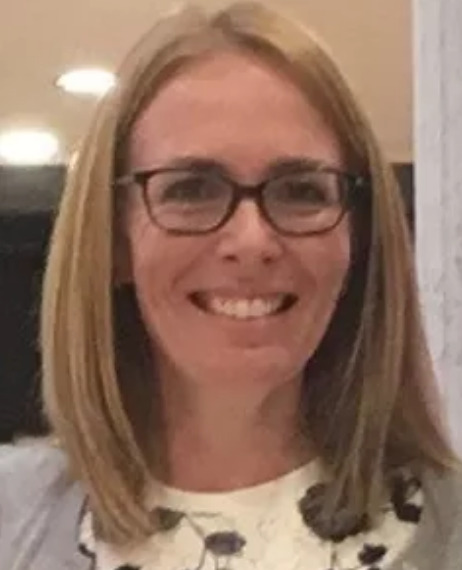
Alison Mollel
Committee Member
“Die Grenzen meiner Sprache bedeuten die Grenzen meiner Welt.”
“The limits of my language mean the limits of my world.” Ludwig Wittgenstein
Alison has a Bachelor of Arts degree in TESOL and German from the University of Wolverhampton, UK. Once qualified as a teacher, she left the UK and joined the International School of Düsseldorf as an ELL and German teacher. Following this, she worked in international schools in Thailand, China, Tanzania, and is now in her third year of teaching at Luanda International School in Angola. Alison’s husband is a trilingual Tanzanian and they have two multilingual, multicultural children. Alison has taught ELL to all age levels but most of her teaching has been at the primary level, which is where she currently is, supporting 3-7 year old ELL students and their teachers. In addition to her ELL role, Alison is the Whole School Language Coordinator, empowering students, teachers and parents to use their full linguistic repertoires to socialise in, learn from and explore our diverse world.
Patience Montgomery

Patience Montgomery
Committee Member
“Un linguaggio diverso è una diversa visione della vita.”
“A different language is a different vision of life.”
Federico Fellini
Patience holds a Bachelor of Arts in Spanish language and literature and an MA in Bilingual / English as a Second Language Education. She has taught in schools in the Washington, D.C. area and internationally in Bonn, Brussels, Leipzig, and Berlin. Her teaching has included roles as an EAL, upper primary homeroom, and middle school English teacher. As passionate about working with educators as with young learners, Patience is also a qualified TYCEMC and TESMC tutor. She currently serves as the Primary School Literacy and Home Languages Coordinator at the Berlin Brandenburg International School, responsible for EE-3 to Grade 5. Her particular interest is in ways to weave language throughout the curriculum to promote confident, joyful, capable, and multiliterate learners.
Deborah Perrin

Deborah Perrin
Committee Member
“إذا كانت الثقافة منزلا ، فإن اللغة هي المفتاح للباب الأمامي ، ولجميع الغرف الداخلية لهذا المنزل “
“If culture was a house, then language was the key to the front door, to all the rooms inside”
Khaled Housseini
「別の言葉を学ぶということは別の人間になるというようなものだ。
」村上春樹
“Learning another language is like becoming another person”
Haruki Murakami
Deborah has been a primary school teacher and advisory teacher in multilingual schools all her professional life –both in the UK and in the Netherlands. She taught in UK state education before moving to the Netherlands and working in international school education. She worked with schools with very different student communities, refugees, faith schools, ‘bilingual’ in composition and those with a mix of nationalities. She is currently enjoying a new challenge of teaching Year 7 and Year 8 new to English students.
An advocate for cultural and linguistic inclusion in schools for student well-being and affirmation of identity underpins her work.
Whilst teaching full time in the UK, she gained a Master’s in Education that focused on Language and Literacy and Child Development in a Social Context. She feels fortunate to have trained in Partnership Teaching and Collaborative learning by Stuart Scott early on in her career as both have been invaluable in teaching ELLs and working with colleagues.
She was one of the earlier members of NALDIC and is delighted to see that a growing partnership with international education is developing.
In her time so far at the British School in the Netherlands, the school has grown from one primary school to three and one secondary to two. She leads a team of EAL teachers across the three campuses and works in close collaboration with the Head of Secondary EAL. Translanguaging as a teaching and learning strategy is a key development priority, one that Deborah believes should be an expectation and not a choice.
Although not bilingual herself (she continues to aspire to this with her two additional languages of French and Dutch) she is delighted that her two children are bilingual in English and Dutch and confident users of spoken French.
The experience of being a migrant and living in a culture and language other than the home language is a daily reminder of what many children and their families’ experience. Understanding the cultural differences that make us all individual is an ongoing learning experience for Deborah.


